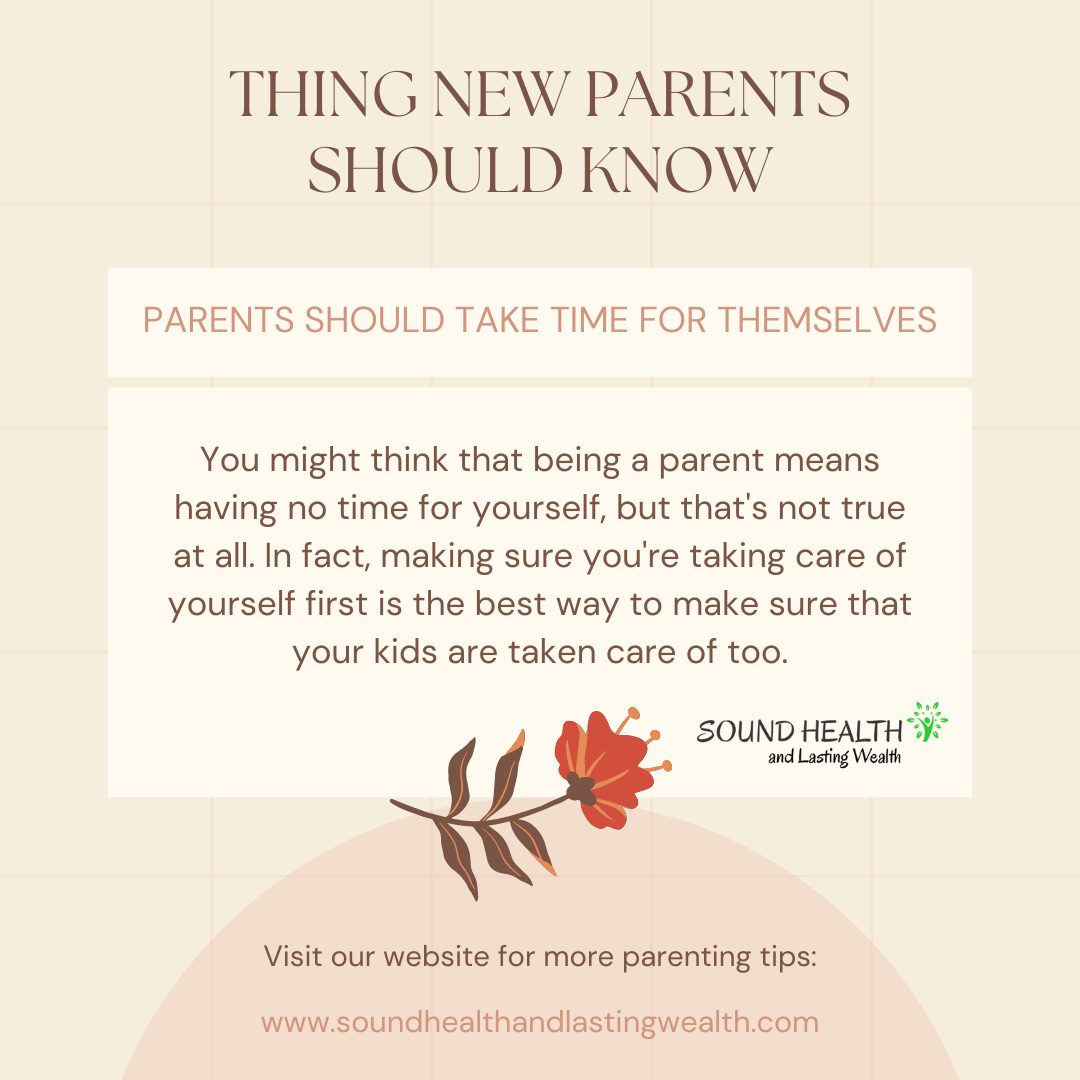Parenting is often portrayed as a joyful journey filled with love and laughter. However, the reality for many parents is far more complex and challenging. Recent insights from U.S. Surgeon General Dr. Vivek H. Murthy reveal that parental stress has reached alarming levels, prompting a call for urgent action. In his advisory, Dr. Murthy emphasizes that addressing parental mental health is critical not only for parents but also for the well-being of children and society at large.

Understanding Parental Stress
What is Parental Stress?
Parental stress refers to the mental and emotional strain that parents experience as they navigate the challenges of raising children. Common causes of parental stress include:
- Financial instability
- Work-life balance difficulties
- Societal expectations and pressures
- Lack of support from family and community
A study conducted by the American Psychological Association found that nearly 46% of parents reported feeling overwhelmed by the demands of parenting, compared to just 25% of non-parents. This disparity highlights the unique pressures faced by those raising children in today’s world.
The Surgeon General’s Advisory
Overview of the Advisory
In a groundbreaking advisory, Dr. Murthy highlighted the urgent need to address parental mental health conditions and the underlying stressors contributing to these issues. He stated, “Addressing parental mental health conditions, and importantly the underlying stressors and causes, is critical for the well-being of children and society.” This statement underscores the interconnectedness of parental and child well-being.
Personal Insights from Dr. Murthy
As a father of two, Dr. Murthy shared his own experiences with parenting stress, stating, “The joys are indeed abundant, but as fulfilling as parenting has been, the truth is it has also been more stressful than any job I’ve had.” His candid acknowledgment of the struggles parents face resonates with many, emphasizing that even those in positions of authority experience similar challenges.
NEW: As a father of two young children, I know the joys of parenting—but I also know the stress, loneliness, & uncertainty of parenting in a rapidly changing world. Today, I issued a Surgeon General’s Advisory on the Mental Health and Well-Being of Parents https://t.co/Cb6SatT7bH pic.twitter.com/7724EqJb7L
— Dr. Vivek Murthy, U.S. Surgeon General (@Surgeon_General) August 28, 2024
The Impact of Parental Stress on Children
Bidirectional Relationship
The effects of parental stress extend beyond the parents themselves; they significantly impact children’s mental health and development. Research shows that high levels of parental stress can lead to:
- Behavioral problems
- Emotional difficulties
- Impaired social skills
A study published in the Journal of Marriage and Family found that children of stressed parents are more likely to exhibit anxiety and depression. This creates a cycle where parental stress leads to child stress, perpetuating a cycle of mental health issues.
Long-Term Consequences
The long-term consequences of parental stress can be severe. According to the National Institute of Mental Health, children raised in high-stress environments are at an increased risk for developing various mental health disorders, including anxiety, depression, and attention-deficit/hyperactivity disorder (ADHD). These outcomes not only affect the individual child but can also have broader societal implications, including increased healthcare costs and reduced productivity.
Societal Implications
Cultural Shift Needed
Dr. Murthy’s advisory calls for a cultural shift that recognizes parenting as a vital societal role deserving of support and resources. This shift is essential for fostering environments where parents can thrive. Currently, many parents feel isolated and unsupported, leading to increased stress levels.
Economic Factors
Financial instability is a significant stressor for parents. According to a report by the Pew Research Center, approximately 40% of parents with children under 18 say they struggle to provide for their families. This financial strain can lead to anxiety and feelings of inadequacy, further exacerbating parental stress.
We all need to feel like we belong and experience a sense of social connection to be healthy. In 2023, Dr. Vivek Murphy @vivek_murthy, the U.S. Surgeon General, identified an epidemic of loneliness, highlighting the severe health consequences that arise from a lack of human… pic.twitter.com/HvapzTpeig
— International Arts + Mind Lab (@artsandmindlab) August 28, 2024
Recommendations for Support
Policy Changes
To alleviate parental stress, comprehensive policy changes are necessary. Some recommendations include:
- Paid Family Leave: Implementing paid family leave policies can provide parents with the time they need to bond with their newborns and adjust to new family dynamics without the added pressure of financial instability.
- Affordable Childcare: Access to affordable childcare is crucial for working parents. The lack of affordable options often forces parents to make difficult choices between work and family responsibilities.
- Mental Health Support: Increasing access to mental health resources, such as counseling and support groups, can help parents manage stress and improve their overall well-being.
Community Support Systems
Communities play a vital role in supporting parents. Here are some ways communities can create supportive environments:
- Parenting Groups: Establishing local parenting groups can provide a space for parents to share experiences, seek advice, and build a support network.
- Accessible Recreational Spaces: Creating family-friendly parks and recreational areas can help parents engage in activities with their children, promoting physical and mental well-being.
- Social Services: Strengthening social services to provide assistance for families in need can reduce the burden of financial stress and improve overall family health.
FAQs
Q. What are the signs of parental stress?
A. Common signs of parental stress include irritability, exhaustion, feelings of inadequacy, and withdrawal from social interactions. Parents may also experience physical symptoms, such as headaches or stomach issues.
Q. How can parents manage stress effectively?
A. Effective stress management strategies for parents include:
Q. Seeking support from family and friends
- Utilizing mental health resources
- Practicing self-care through exercise, hobbies, and relaxation techniques
Q. What role can employers play in reducing parental stress?
A. Employers can significantly impact parental stress by offering flexible work schedules, mental health resources, and family-friendly policies. By creating a supportive workplace culture, employers can help parents balance their professional and personal lives more effectively.
Conclusion
The issue of parental stress is a pressing public health concern that requires immediate attention. As highlighted by Dr. Murthy, addressing the mental health of parents is crucial for the well-being of children and society as a whole. By advocating for policy changes and community support systems, we can create an environment where parents feel valued and supported, ultimately leading to healthier families and communities.
Recognizing parental stress as a societal issue is the first step toward fostering a culture that prioritizes the well-being of families. It is a collective responsibility that requires action from individuals, communities, and policymakers alike. Together, we can work towards a future where parents are empowered and supported in their vital roles.
Also Read | Impact of Maternal Health on Baby Appearance










